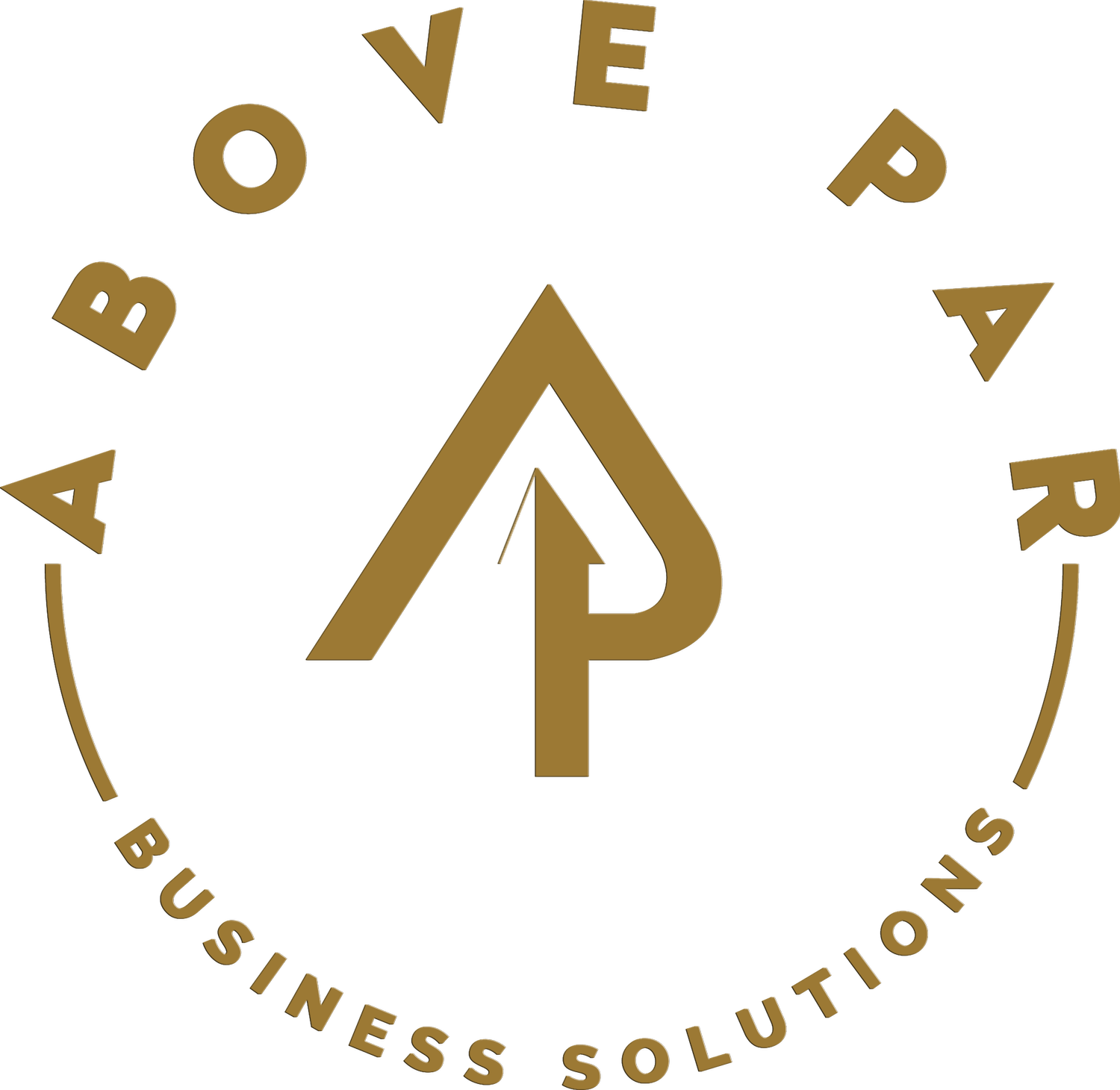Three Ingredients for Strong Consultant-Client Relationships
What does it mean to make a meaningful impact as a business consultant? Although producing results for the client is an important aspect, the foundation of a strong consultant-client relationship is based on more than just results. The recipe for success lies in exhibiting three characteristics:
Integrity. Integrity plays a fundamental role in building strong relationships as a consultant and includes 4 main aspects: trust, transparency, objectivity, and confidentiality.
It probably goes without saying that your clients need to be able to trust you in the most basic sense. You will have access to company financials and be briefed on the company’s most serious challenges. You may even be entrusted with information regarding the personal impact that the company’s inefficiencies are having on the owners. You need to be able to hold this information in the highest confidence and with integrity.
But it goes beyond that. Your clients are relying on you to be transparent with them about what is occurring with their business. This can be especially challenging if the owner’s own actions are contributing to the issues you are there to help fix. However, your role as a consultant should be to communicate openly and honestly about what is contributing to inefficiencies and friction, regardless of the source, and what can be done to correct it. They need to know that you approach the situation objectively, without judgment, and with the best interest of the company in mind.
Proactivity / Strong Communication. Being proactive in every regard and communicating with the client is one of the main elements that will make you stand out as a consultant. Although you may have outlined your approach and methodology during the initial assessments and interviews, do not expect that the client will have grasped all the details of how you will be approaching your work. Set expectations clearly regarding deliverables and timelines and reinforce those expectations with frequent communication. Don’t wait until the client asks for their deliverables or for updates on project timelines. Be proactive. Communicate well and often! If you do, your client will trust that you are brainstorming and troubleshooting their company’s challenges, even when you are not present with them in a consulting session.
Empowerment. Fueling self-sufficiency is one of the main value offerings that you, as a consultant, can provide to your clients. Your clients have contracted you because they need help in navigating their company’s challenges. Because you possess a certain experience base, educational background, skillset, or unique perspective, you will be able to help them produce change within their business. However, if they are open to learning, teach your clients how to do what you do and how to apply it. Teach them to be self-sufficient with regard to the issues they brought you in to help fix. This can be especially impactful when working with small and medium-sized businesses. Educate your clients. Oftentimes, they looking for more than just results, but to understand how to generate results on an ongoing basis for their company; to create lasting change.
My goal, as a management and accounting consultant, is to arm the client with enough knowledge and the corresponding skillsets to be able to navigate challenging waters without me. My hope is, however, that they will value what I bring to the table so much, that they will choose to continue working together.
Consider in what ways can you emphasize these three characteristics in your service offerings now. Your clients will thank you for it!
by Heather Richard
